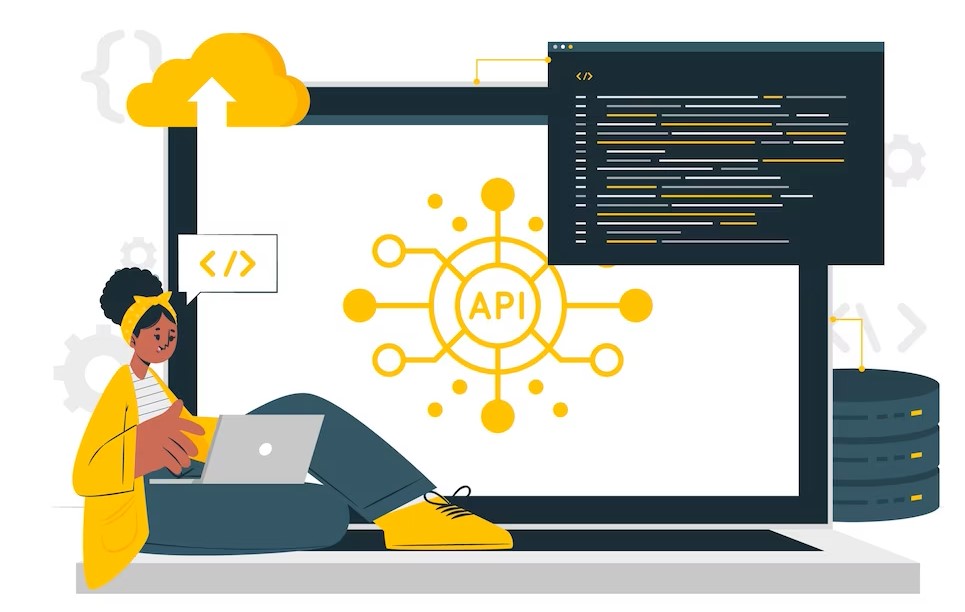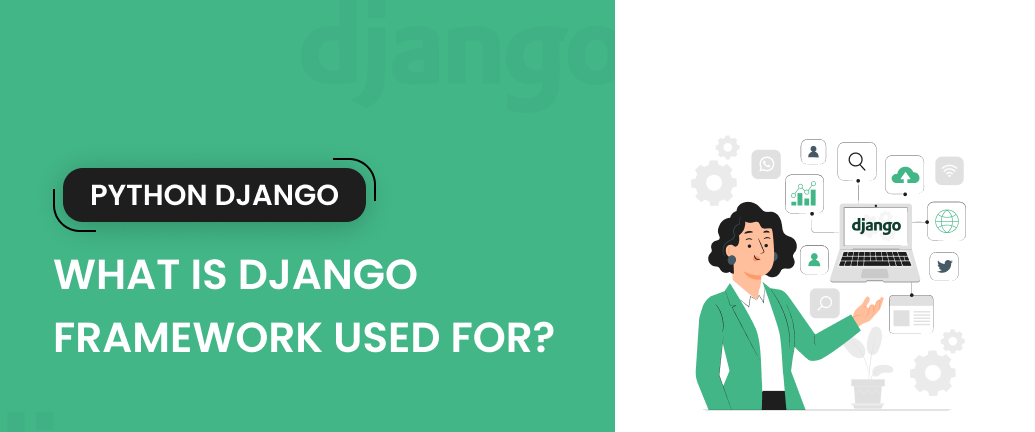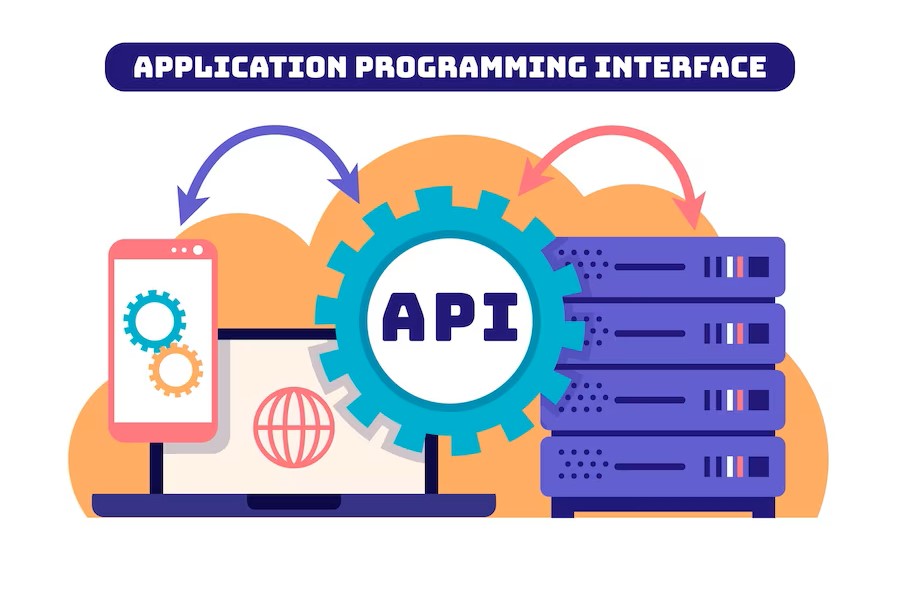“Discover the extensive list of APIs and open ports available in Node.js for seamless integration with various systems and services. From web servers and file operations to event-driven programming and cryptography, Node.js offers powerful functionality for building robust applications.”
Are you ready to unlock the full potential of Node.js? As a powerful JavaScript runtime built on Chrome’s V8 JavaScript engine, Node.js has gained immense popularity among developers for its scalability, speed, and versatility. One of the key reasons behind Node.js’ success is its extensive ecosystem of APIs and open ports that allow for seamless integration with various systems and services. In this blog post, we will dive into the world of Node.js APIs and open ports, exploring their use cases and how they can elevate your Node.js applications to new heights.
HTTP Module
The HTTP module in Node.js provides APIs for creating and managing HTTP servers and clients. It allows you to handle incoming HTTP requests, send HTTP responses, and perform tasks such as routing, authentication, and handling different HTTP methods. With the HTTP module, you can build robust web applications and RESTful APIs.
Use cases
- Building web servers for serving web pages or APIs.
- Implementing RESTful APIs for client-server communication.
- Creating custom routing logic for handling different HTTP requests.
- Implementing authentication and authorization mechanisms.
File System Module
The File System (FS) module in Node.js provides APIs for interacting with the file system, allowing you to read from and write to files and directories. It supports various file operations such as reading, writing, appending, deleting, and renaming files, as well as managing directories and handling file permissions.
Use cases
- Reading and writing configuration files.
- Managing log files for logging and debugging.
- Uploading and downloading files.
- Implementing file-based caching mechanisms.
EventEmitter Module
The EventEmitter module in Node.js provides APIs for implementing event-driven programming, allowing you to create and manage custom events and event listeners. It follows the Observer pattern, where you can define event emitters that emit events, and event listeners that listen for and handle those events.
Use cases
- Implementing event-driven architectures for handling asynchronous operations.
- Building real-time applications such as chat applications, online games, or collaborative tools.
- Implementing custom event handling for application-specific requirements.
Crypto Module
The Crypto module in Node.js provides APIs for performing cryptographic operations, such as encrypting and decrypting data, generating secure hashes, signing and verifying data, and creating random data. It supports various encryption algorithms and hashing functions for securing data in transit and at rest.
Use cases
- Implementing secure communication between client and server.
- Storing and validating passwords securely.
- Generating secure tokens for authentication and authorization.
- Implementing digital signatures for data integrity and authenticity.
Exploring the Total APIs Available and Open Ports for PHP Integration: Use Cases and Benefits
OS Module
The OS module in Node.js provides APIs for interacting with the operating system, allowing you to retrieve information about the system’s architecture, network interfaces, environment variables, and more. It provides utilities for working with paths, handling process-related events, and performing system-level operations.
Use cases
- Retrieving system information for monitoring and logging purposes.
- Interacting with the file system, such as working with file paths and managing file permissions.
- Handling process-related events, such as listening for process signals and handling uncaught exceptions.
- Implementing system-level operations, such as spawning child processes and interacting with the command line.
Net Module
The Net module in Node.js provides APIs for creating and managing TCP servers and clients, allowing you to build network applications such as chat servers, game servers, and messaging systems. It supports low-level networking operations, including creating sockets, sending and receiving data, and managing connections.
Use cases
- Building network applications that require real-time communication.
- Implementing custom protocols for communication between clients and servers.
- Building scalable server applications that can handle a large number of concurrent connections.
- Implementing proxy servers and load balancers.
- Building messaging systems for exchanging data between different components of a distributed system.
Child Process Module
The Child Process module in Node.js provides APIs for spawning and managing child processes, allowing you to execute external commands and scripts from your Node.js applications. It supports spawning processes in the background, capturing their output, and handling events related to the child processes.
Use cases
- Executing external commands and scripts from within Node.js applications.
- Running long-running tasks in the background.
- Building task runners and automation scripts.
- Implementing parallel processing for improving performance and scalability.
URL Module
The URL module in Node.js provides APIs for parsing, formatting, and manipulating URLs, allowing you to work with URLs in a convenient and efficient way. It supports parsing URLs into their components, formatting URLs with query parameters, and resolving relative URLs to absolute URLs.
Use cases
- Parsing and validating URLs from user input.
- Building URL-based routing and navigation in web applications.
- Manipulating URLs for constructing API requests.
- Building URL-based caching and proxy mechanisms.
Querystring Module
The Querystring module in Node.js provides APIs for parsing and formatting query strings, which are commonly used for encoding and decoding data in the URL query parameters. It supports parsing query strings into JavaScript objects and formatting JavaScript objects into query strings.
Use cases
- Parsing and validating query parameters from URL query strings.
- Building query parameters for API requests.
- Handling form submissions in web applications.
- Implementing custom serialization and deserialization mechanisms.
DNS Module
The DNS module in Node.js provides APIs for performing DNS (Domain Name System) operations, such as resolving domain names to IP addresses, performing reverse DNS lookups, and resolving MX (Mail Exchange) records. It supports both synchronous and asynchronous DNS operations.
Use cases
- Resolving domain names to IP addresses for establishing network connections.
- Implementing custom DNS-based routing and load balancing mechanisms.
- Performing reverse DNS lookups for logging and security purposes.
- Handling email-related operations, such as resolving MX records for sending emails.
Conclusion
In conclusion, Node.js offers a rich ecosystem of APIs and open ports that provide a wide range of functionality for integrating with different systems and services. From building web servers and handling file operations to implementing event-driven programming and performing cryptographic operations, Node.js APIs and open ports empower developers to create powerful and scalable applications. By leveraging the versatility and flexibility of Node.js, you can take your applications to the next level and unlock new possibilities for building robust and innovative solutions. So, dive into the world of Node.js APIs and open ports, and explore the endless opportunities for integration and customization in your Node.js applications.











